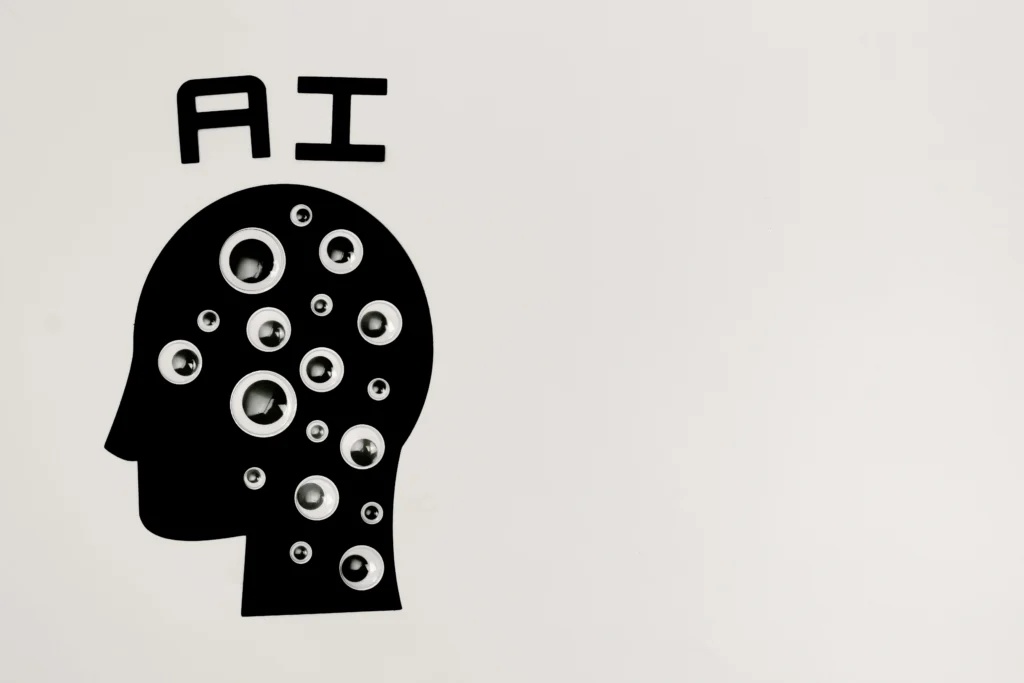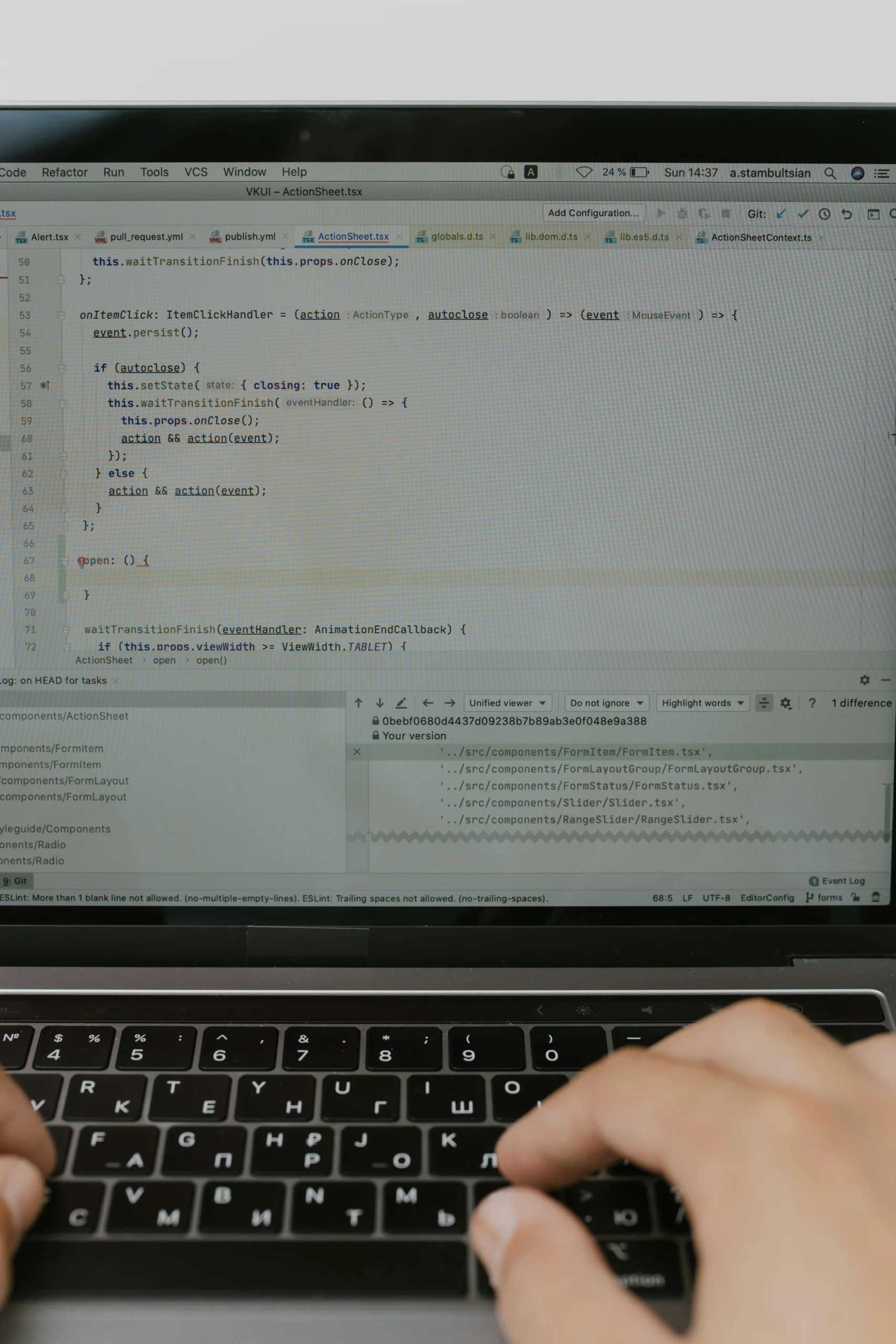The proposed neuro-symbolic multi-agent system utilizes Kripke models to formally represent the belief states of individual agents. By enabling these agents to reason about concepts of possibility and necessity, the framework enhances their decision-making capabilities in challenging environments where autonomy and adaptability are critical.
One of the significant contributions of this work is the integration of domain-specific knowledge encoded as logical constraints. This approach not only helps in hypothesis generation but also safeguards the agents from making physically or logically untenable conclusions. In a high-fidelity simulation of a particle accelerator, this system demonstrated its efficacy by successfully diagnosing complex failures, showcasing its potential for creating more robust and reliable autonomous agents.
👉 Pročitaj original: arXiv AI Papers








